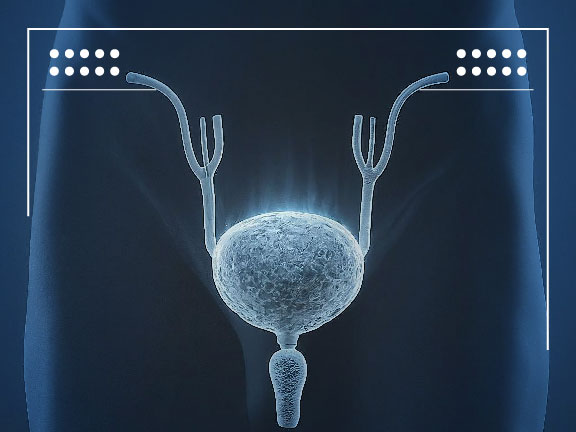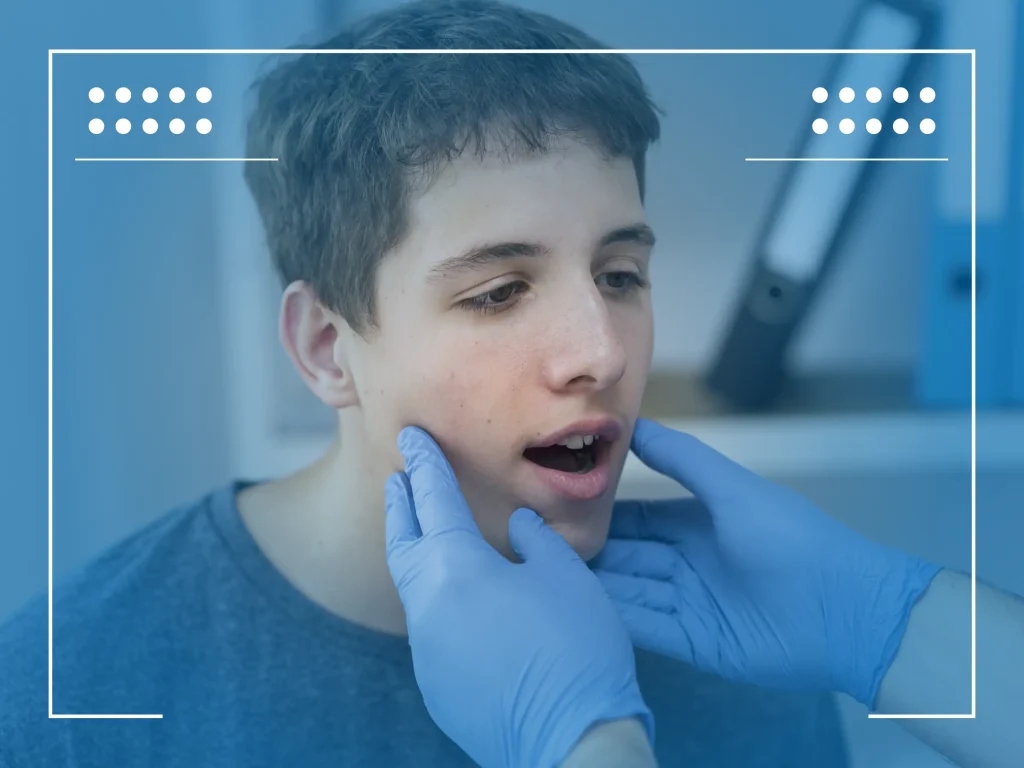Hepatocellular carcinoma is the most common type of liver cancer. This type of cancer originates from liver cells called hepatocytes. It often associates with conditions like cirrhosis and chronic hepatitis B or C infections.
Hepatocellular carcinoma rarely shows symptoms in its early stages, making it often diagnosed at advanced stages. Treatment options include surgical intervention, chemotherapy, radiation therapy, and liver transplantation. Early diagnosis and treatment can slow the progression of the disease and extend the patient’s lifespan.
What is Hepatocellular Carcinoma?
Hepatocellular carcinoma (HCC) is the common type of primary liver cancer. This disease arises from primary liver cells known as hepatocytes. This disease causes malignant tumors to form and grow in the liver. This makes it difficult for the liver to function normally.
Chronic liver conditions, such as cirrhosis and hepatitis, significantly increase the risk of developing HCC. The International Classification of Diseases, Tenth Revision (ICD-10 hepatocellular carcinoma) code helps diagnose this cancer. Doctors use this code to identify HCC cases. This coding it also ensures accurate documentation.
Several risk factors contribute to the development of HCC. Understanding these factors can help in prevention and early detection:
- Chronic liver diseases, such as hepatitis B and C infections
- Long-term alcohol consumption
- Non-alcoholic fatty liver disease
- Exposure to aflatoxins
- Genetic predispositions
To confirm the presence of HCC, doctors often recommend a liver biopsy. During this procedure, doctors remove a small sample of liver tissue to examine it under a microscope. After removal of the tissue, they examine it under a microscope for detailed analysis. The diagnosis is crucial for determining the appropriate treatment plan.
When documenting cases, healthcare professionals use the hepatocellular carcinoma ICD-10 code C22.0. This ensures consistency and accuracy in medical records, facilitating better patient management and research.
HCC presents a significant challenge due to its association with chronic liver conditions. Early detection and intervention are vital to improving patient outcomes. Public health measures are essential to reduce the incidence of this serious disease.
Ongoing research provides hope. Advancements in medical technology continue to improve treatments and survival rates for HCC patients.
Hepatocellular Carcinoma Treatment
Hepatocellular carcinoma (HCC) treatment focuses on managing the disease and improving patient outcomes. Understanding the tumor microenvironment plays a crucial role in developing effective therapies. This microenvironment, which includes the surrounding cells, blood vessels, and signaling molecules, significantly influences tumor growth and response to treatment.
Pathology of HCC involves examining the cellular changes and abnormalities in the liver tissue. This analysis helps determine the stage and aggressiveness of the cancer, guiding treatment decisions. Patients with cirrhosis of liver often face a higher risk of developing HCC, making it essential to monitor and manage liver diseases proactively.
Treatment options for hepatic cancer vary depending on the stage and overall health of the patient. Here are some common approaches:
- Surgical resection: Removing the cancerous part of the liver.
- Liver transplantation: Replacing the diseased liver with a healthy donor liver.
- Ablation therapies: Using heat, cold, or chemicals to destroy cancer cells.
- Embolization: Blocking blood flow to the tumor to starve it of nutrients.
- Targeted therapies: Using drugs that specifically attack cancer cells.
- Participating in cancer clinical trials: Participating in clinical trials can give patients access to new treatments. These treatments can be promising for patients.
Patients often exhibit liver cancer symptoms such as abdominal pain, weight loss, and jaundice. Early detection of these symptoms can lead to timely treatment and better outcomes.
Managing hepatic cancer involves a multidisciplinary approach, including hepatologists, oncologists, and surgeons. Effective treatment not only targets the tumor but also addresses the underlying liver diseases that contribute to HCC. Ongoing research explores new therapies and improves existing ones, aiming to enhance the quality of life for those affected by this serious condition.



















